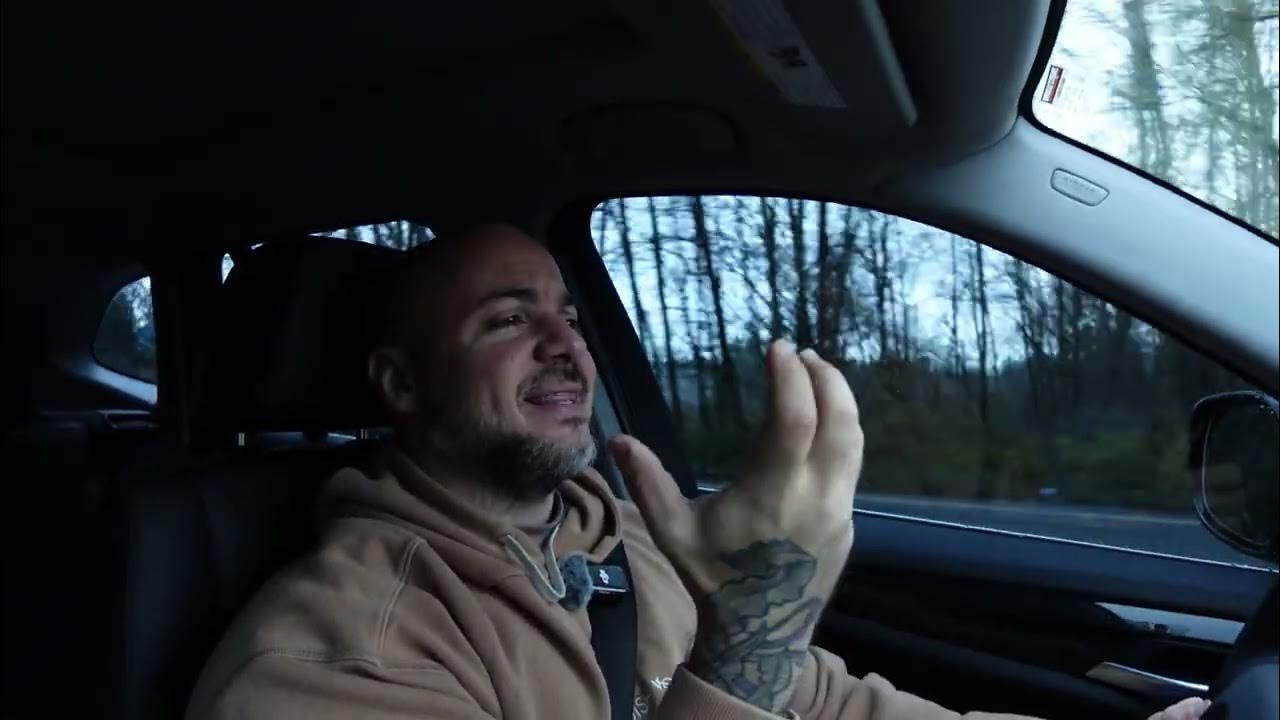How to build a successful website | Pieter Levels and Lex Fridman
Summary
TLDRThe speaker discusses their approach to rapid learning, emphasizing the importance of taking action and building projects to acquire new skills. They share their experience learning 3D and virtual reality, and how they leverage AI for education. They also explore the power of building in public, the challenges of dealing with criticism, and the benefits of organic user acquisition through platforms like TikTok. The conversation touches on monetization strategies, the value of charging for services, and the importance of maintaining high profit margins while keeping costs low.
Takeaways
- 📚 Embrace continuous learning: The speaker emphasizes the importance of learning new skills every day, especially in rapidly evolving fields like AI and VR.
- 🚀 Take action to learn: The best way to learn is by doing. Start with small projects and iterate, learning from each step and improvement.
- 🔍 Use AI for guidance: Leverage AI tools like Google to find solutions and learn new concepts quickly, such as how to make a website.
- 🌐 Start with the basics: For beginners, using website builders or CMS platforms like Wix or Squarespace can be a good starting point.
- 💡 Set challenges for self-learning: Setting personal challenges, like building a project every day or a certain number of websites in a set period, can accelerate learning.
- 🛠️ Build with discipline: Self-learning requires discipline. Consistent practice and setting clear goals are crucial for progress.
- 🤖 Utilize AI influencers: AI influencers can help promote apps and gain traction by showcasing them to their audiences.
- 🎯 Focus on the next step: Instead of looking too far ahead, concentrate on solving the next immediate problem or challenge.
- 💸 Consider monetization early: Rather than offering free users, consider charging for your product or service from the beginning to build a community of engaged users.
- 💼 Keep costs low and margins high: Negotiate with vendors for discounts and keep operational costs low to maintain high profit margins.
- 👎 Embrace criticism: Constructive criticism from 'haters' can provide valuable insights for improvement, so don't ignore it outright.
Q & A
What is the speaker's approach to learning new skills quickly and effectively?
-The speaker emphasizes the importance of learning the minimal amount necessary to build a project, taking action by starting to make things, and continuously improving through daily learning and problem-solving.
Can you provide an example of how the speaker applied their learning philosophy?
-The speaker gave an example of learning 3D in a 30-day session, where they installed Unity and Blender and started learning about 3D to prepare for the rise of virtual reality technology.
What does the speaker suggest as the best first step in learning a new skill like coding?
-The speaker suggests taking action as the best first step, such as making a website by searching for 'how to make a website', copying code, and tweaking it to understand how it works.
How does the speaker view the role of AI in education for learning new technologies?
-The speaker believes that the power of AI in education will be immense, as it can provide clear guidance and help people anywhere start building projects and learn new skills.
What is the speaker's opinion on the effectiveness of coding boot camps?
-The speaker is skeptical about the effectiveness of coding boot camps, believing that self-learning and setting personal challenges can be more beneficial.
What advice does the speaker give for dealing with criticism and haters online?
-The speaker advises to grow a thick skin, take criticism with a grain of salt, and consider the points made by haters, as they can often have valid points that can help improve one's work.
How did the speaker's project Hood Maps gain popularity?
-Hood Maps gained popularity by making it to the front page of Reddit, which led to a significant increase in traffic and almost caused the server to go down.
What is the speaker's view on the importance of building in public?
-The speaker sees building in public as powerful for crowdsourcing feedback and ideas, but also acknowledges the negative aspects such as criticism and the need for a thick skin.
What monetization strategy does the speaker recommend for new startups?
-The speaker recommends starting with a paid model rather than offering free users, as it can help build a community of people who genuinely care about the product and provide a sustainable income.
How does the speaker approach cost management in their projects?
-The speaker focuses on keeping costs low, negotiating discounts with vendors, and ensuring high profit margins to maintain a sustainable business.
What is the speaker's perspective on the role of social media platforms like TikTok for user acquisition?
-The speaker sees social media platforms as a powerful tool for organic user acquisition, where creating engaging content can lead to virality and significant growth in users.
Outlines

This section is available to paid users only. Please upgrade to access this part.
Upgrade NowMindmap

This section is available to paid users only. Please upgrade to access this part.
Upgrade NowKeywords

This section is available to paid users only. Please upgrade to access this part.
Upgrade NowHighlights

This section is available to paid users only. Please upgrade to access this part.
Upgrade NowTranscripts

This section is available to paid users only. Please upgrade to access this part.
Upgrade NowBrowse More Related Video

What Projects You Should Build As A Junior Developer

BEST Strategy to Manage DSA, Development, College, Office 🔥| Coding + College/ Office | Parikh Jain

How I Would Learn To Code (If I Could Start Over in 2025)

Final Year Project Ideas ❤️ Project for computer science student final year #engineering #jobs

دورة الالكترونيات الرقمية:: 1- ما هي الالكترونيات الرقمية والنظام الرقمي (Digital Electronics)

Stop Wasting Your Time Learning to Code - FULL GUIDE
5.0 / 5 (0 votes)